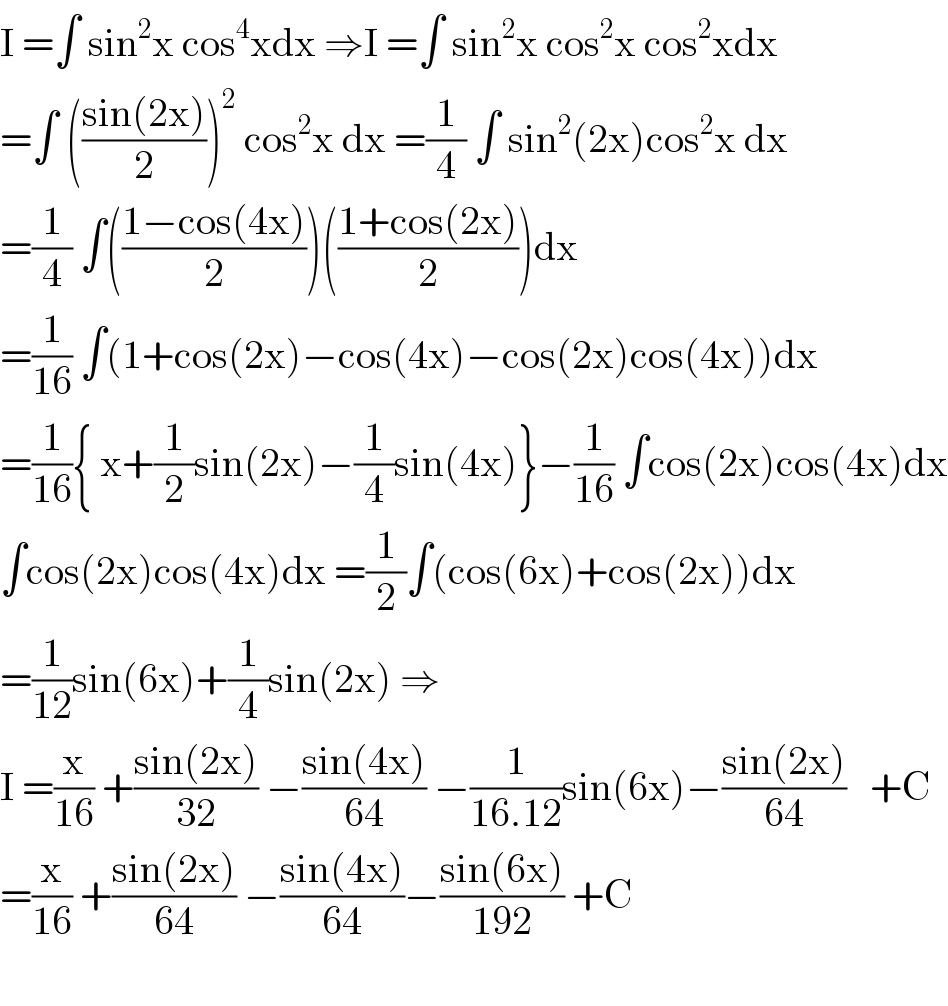
Question and Answers Forum
Question Number 103863 by mohammad17 last updated on 17/Jul/20
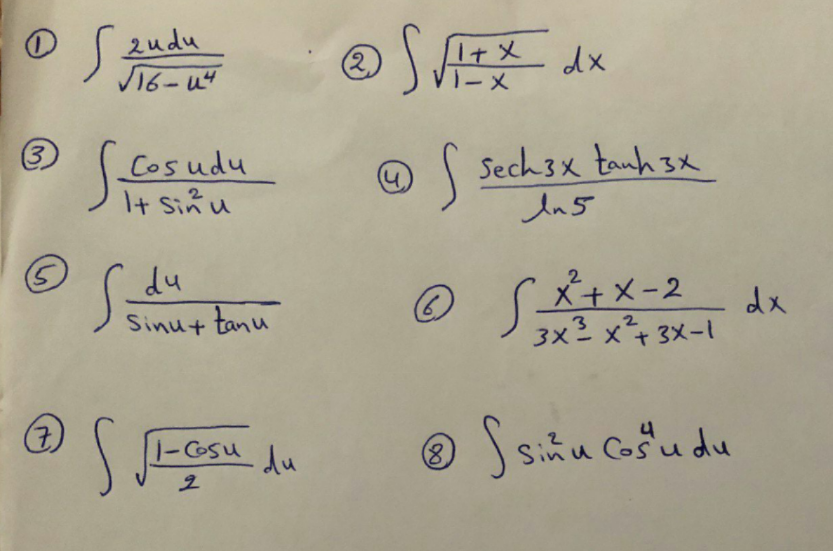
Answered by Dwaipayan Shikari last updated on 17/Jul/20

Answered by Dwaipayan Shikari last updated on 17/Jul/20

Answered by Dwaipayan Shikari last updated on 17/Jul/20
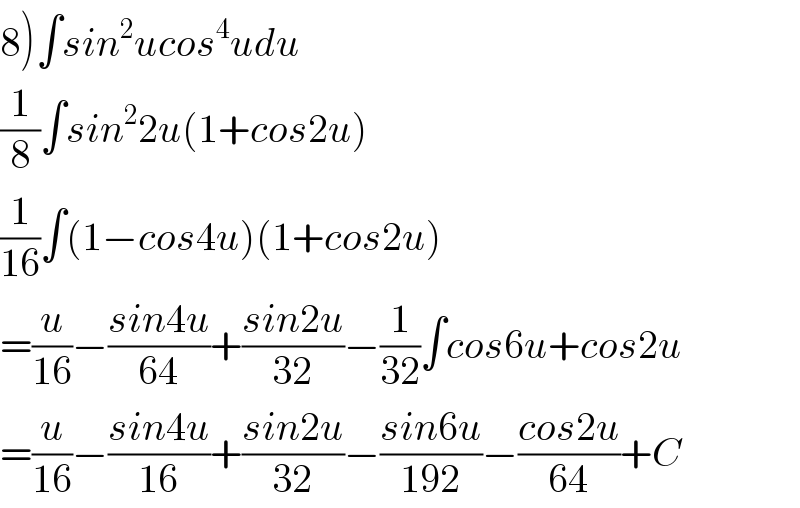
Answered by Dwaipayan Shikari last updated on 17/Jul/20
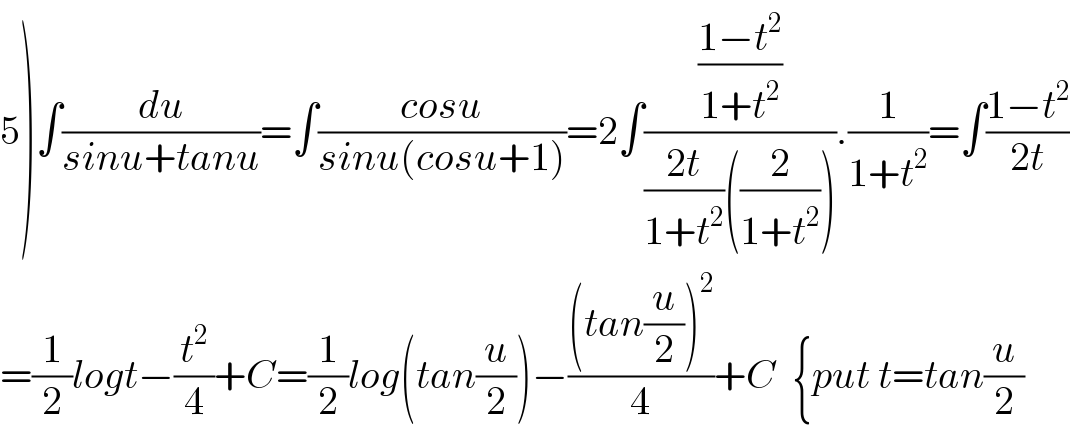
Answered by mathmax by abdo last updated on 17/Jul/20
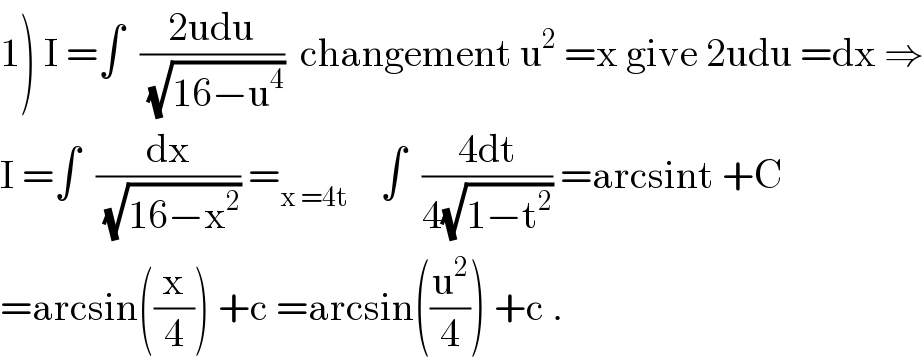
Answered by mathmax by abdo last updated on 17/Jul/20
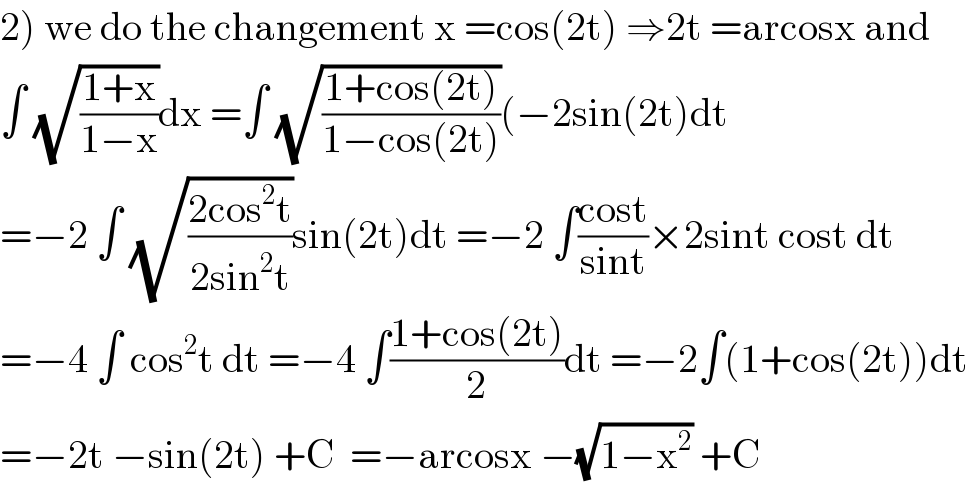
Answered by bemath last updated on 18/Jul/20
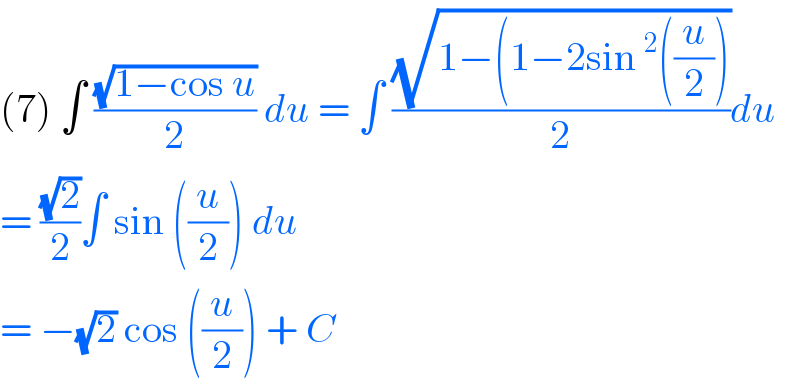
Answered by mathmax by abdo last updated on 18/Jul/20
